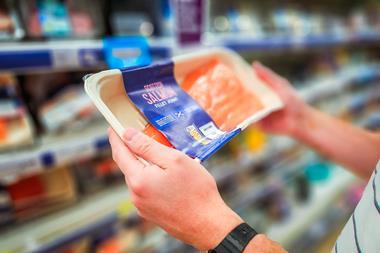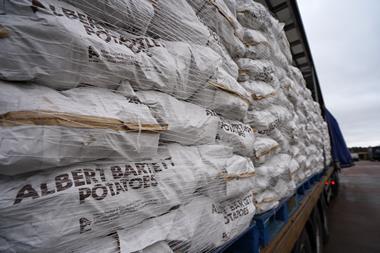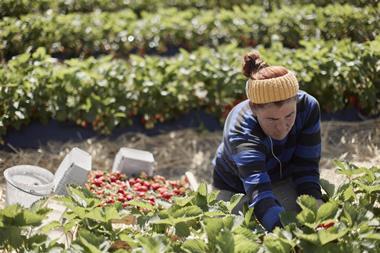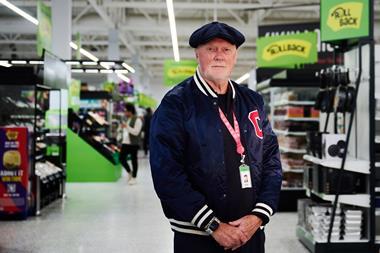The Fresh Produce Consortium is consulting on whether it should create a 'collective purchasing consortium' to help fruit & veg growers and suppliers cope with soaring raw materials costs.
If the plans go ahead, the FPC would start buying input materials such as fuel and cardboard centrally on behalf of its members, creating large economies of scale and potentially significant savings at a time when many raw materials have increased in price.
Chief executive Nigel Jenney said the FPC had in the past negotiated favourable buying terms for electricity on behalf of its members, saving some businesses "tens of thousands of pounds" a year. No collective bargaining was being carried out by the FPC at the moment, but "everything's now back on the table subject to the specific areas members would like us to review," he said.
Any new future collective purchasing would be more sophisticated than the electricity negotiations, and tailor-made to the needs of members, Jenney added. The FPC would also consider taking on a new member of staff to administer collective purchasing, he said.
The FPC's consultation on collective purchasing comes after one of its members, foodservice supplier Fresh Direct, outlined the challenges currently faced by fruit and veg businesses at last week's Re:fresh conference in London.
"Why aren't we through the FPC getting together and buying fuel as a purchasing consortium?," Fresh Direct chief executive Nigel Harris said.
Buying through a consortium would enable FPC members to get the best price for fuel as well as other raw materials used in the fresh produce supply chain, he added.
To gauge interest in collective purchasing, FPC is this week including a question in its newsletter, asking its members whether they think the FPC should seek to purchase raw materials on their behalf. It is also asking members to name items that they would like to see the FPC purchase.
If the plans go ahead, the FPC would start buying input materials such as fuel and cardboard centrally on behalf of its members, creating large economies of scale and potentially significant savings at a time when many raw materials have increased in price.
Chief executive Nigel Jenney said the FPC had in the past negotiated favourable buying terms for electricity on behalf of its members, saving some businesses "tens of thousands of pounds" a year. No collective bargaining was being carried out by the FPC at the moment, but "everything's now back on the table subject to the specific areas members would like us to review," he said.
Any new future collective purchasing would be more sophisticated than the electricity negotiations, and tailor-made to the needs of members, Jenney added. The FPC would also consider taking on a new member of staff to administer collective purchasing, he said.
The FPC's consultation on collective purchasing comes after one of its members, foodservice supplier Fresh Direct, outlined the challenges currently faced by fruit and veg businesses at last week's Re:fresh conference in London.
"Why aren't we through the FPC getting together and buying fuel as a purchasing consortium?," Fresh Direct chief executive Nigel Harris said.
Buying through a consortium would enable FPC members to get the best price for fuel as well as other raw materials used in the fresh produce supply chain, he added.
To gauge interest in collective purchasing, FPC is this week including a question in its newsletter, asking its members whether they think the FPC should seek to purchase raw materials on their behalf. It is also asking members to name items that they would like to see the FPC purchase.



















No comments yet